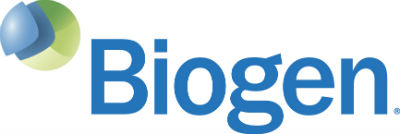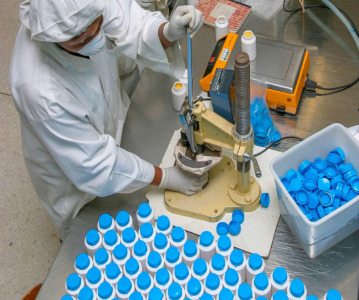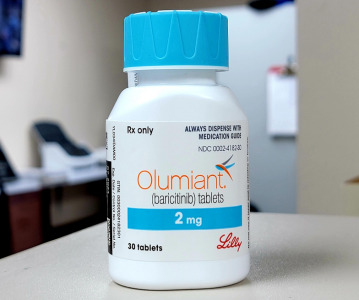Biogen’s adalimumab biosimilar referencing Humira, is approved in the EU

Biogen becomes the first company with approved biosimilars for the three most prescribed anti-TNF biologic treatments in Europe.
The European Commission (EC) granted a marketing authorization for Imraldi (also known as SB5), an adalimumab biosimilar referencing Humira.
Imraldi has been developed by Samsung Bioepis, a joint venture between Samsung BioLogics and Biogen and is approved for the treatment of rheumatoid arthritis (RA), juvenile idiopathic arthritis, axial spondyloarthritis, psoriatic arthritis, psoriasis, pediatric plaque psoriasis, adult and adolescent hidradenitis suppurativa, Crohn’s disease, pediatric Crohn’s disease, ulcerative colitis and uveitis.
ImraldiI is the third anti-TNF biosimilar from Biogen to receive a marketing authorization in the European Union (EU) following the approval in 2016 of Benepali (etanercept), a biosimilar referencing Enbrel, and Flixabi (infliximab), a biosimilar referencing Remicade. Anti-TNF therapies represent some of the EU’s largest drug expenditures, costing an estimated $9 billion (€8 billion) each year from 2011 to 2014.4,5 Introducing biosimilars of the top three anti-TNF therapies in Europe could lead to estimated potential savings of up to $11.44 billion (€9.69 billion), between the patent expiry date of each reference product and 2020.5,6 With the approval of IMRALDI, Biogen has become the first company to have approved biosimilars for all three of these therapies.
“Today’s decision marks another positive step in transforming the lives of people with chronic autoimmune conditions,” said Jean-Paul Kress, EVP International and Head of Global Therapeutic Operations, Biogen. “As the number of approved biosimilars continues to grow, so does the anticipated potential to increase physician choice and patient access to biologics.”
Related News
-
News AstraZeneca invests in AI collaboration for cancer drug trials
The British-Swedish pharmaceutical giant is partnering with biotechnology firm Immunai Inc to increase the efficiency of some cancer drug trials. -
News Ozempic and Wegovy prices questioned as Novo Nordisk faces US Senate hearing
The CEO of Novo Nordisk was grilled during a US Senate committee hearing on September 24, 2024, in which the exorbitant prices of the Danish company’s blockbuster drugs Ozempic and Wegovy were called into question. -
News The BIOSECURE Act: implications for the pharma supply chain
On September 9, 2024, the US House of Representatives voted to pass the bill titled the BIOSECURE Act (the Act), which lists several Chinese companies in the pharmaceutical supply chain. The Act will prohibit American companies from contracting or doin... -
News On Track at CPHI Milan: Thermo Fisher Scientific Track Sponsor interview
With CPHI Milan just around the corner, we sat down with some of the sponsors for this year’s conference tracks to discuss the most pressing topics in pharma. -
News CPHI Milan Speaker Spotlight: Pharma Manufacturing and Localisation in Africa
In the run-up to CPHI Milan, we sit down with some of the experts and thought-leaders speaking at this year’s conferences. -
News US BIOSECURE Act passed by US House of Representatives
The controversial act, which has already impacted several foreign companies operating in the US, was passed by the House of Representatives on September 9, 2024. It is now headed for the US Senate before it can be signed into law by President Joe Biden... -
News Eli Lilly licenses rheumatoid arthritis manufacturing in Africa
American pharmaceutical company Eli Lilly has signed a partnership with Egyptian organisation Eva Pharma to localise manufacturing of rheumatoid arthritis treatments in Africa. -
Sponsored Content CPHI Online Trend Report: How can flow chemistry help businesses achieve their sustainability goals?
In our latest CPHI Online Trend Report, we partner with Asymchem to understand the innovative potential of flow chemistry for API manufacturing, especially in regards to meeting sustainability goals.
Position your company at the heart of the global Pharma industry with a CPHI Online membership
-
Your products and solutions visible to thousands of visitors within the largest Pharma marketplace
-
Generate high-quality, engaged leads for your business, all year round
-
Promote your business as the industry’s thought-leader by hosting your reports, brochures and videos within your profile
-
Your company’s profile boosted at all participating CPHI events
-
An easy-to-use platform with a detailed dashboard showing your leads and performance
.png)






